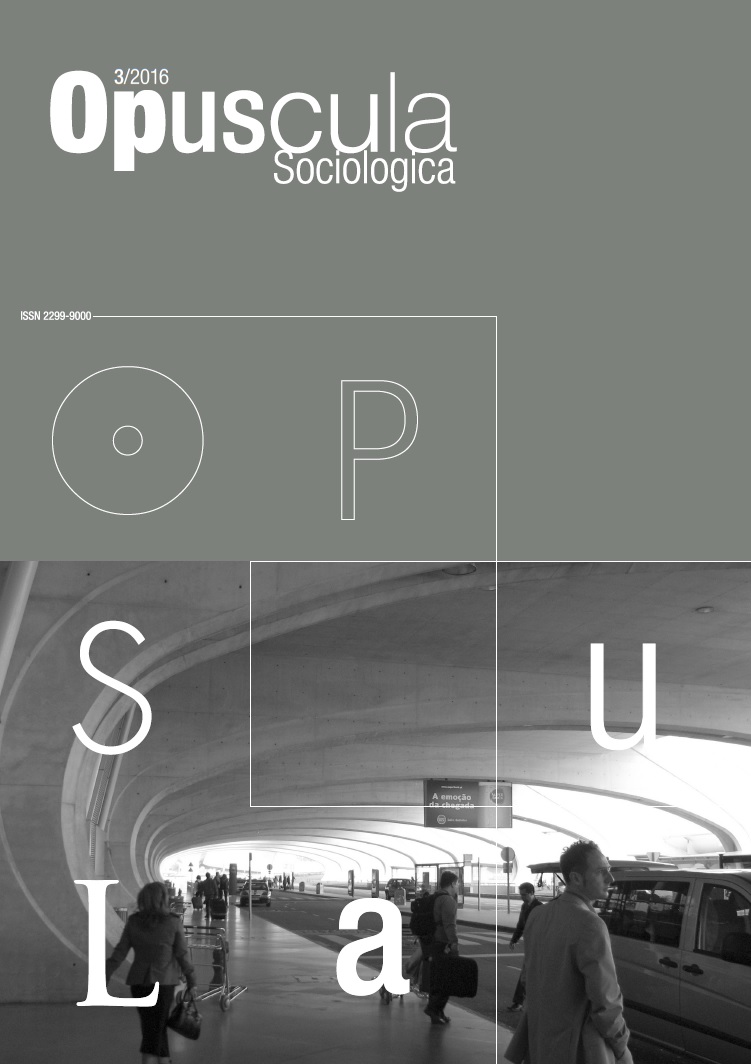Lifelong Learning as an Important Element of the Social Integration of the Elderly
Lifelong Learning as an Important Element of the Social Integration of the Elderly
Author(s): Monika Adamczyk, Agnieszka BudnySubject(s): Adult Education, Gerontology, Sociology of Education
Published by: Wydawnictwo Naukowe Uniwersytetu Szczecińskiego
Keywords: old age; active ageing; late adulthood education; functions of education; continuous learning; social integration
Summary/Abstract: Education is now being more and more frequently considered as an area that is important not only for children and young people, but also for the working-age and retirement-age populations. Rapid socio-economic growth, characterised, e.g., by the development of new technologies, requires individuals and communities to continuously acquire and broaden their knowledge and skills. Social groups that fail to follow this trend often find it difficult to fit in with the contemporary knowledge society. This situation not only marginalises a large number of citizens but also denies their needs. Continuous education, provided, e.g., by universities of the third age, not only prevents this, but also provides the elderly with opportunities for full participation in socio-cultural life and social integration with their environment. This article explores the issue of education in late adulthood, addressing it from two angles. Firstly, it presents education as an element of active and happy ageing, and secondly, as an area for the social integration of the elderly during the changes in their social roles, characteristic for the old age.
Journal: Opuscula Sociologica
- Issue Year: 18/2016
- Issue No: 4
- Page Range: 81-93
- Page Count: 13
- Language: English

